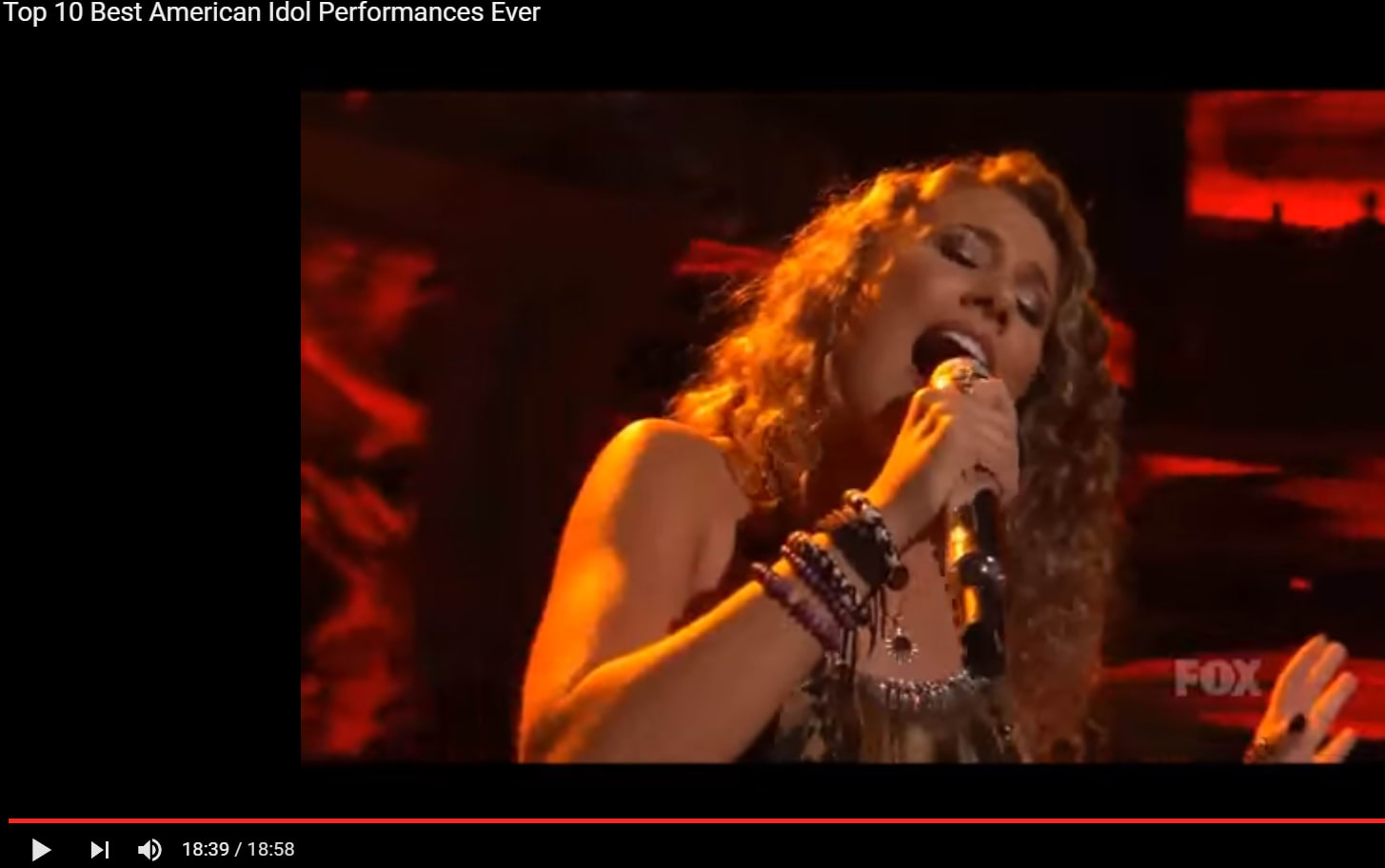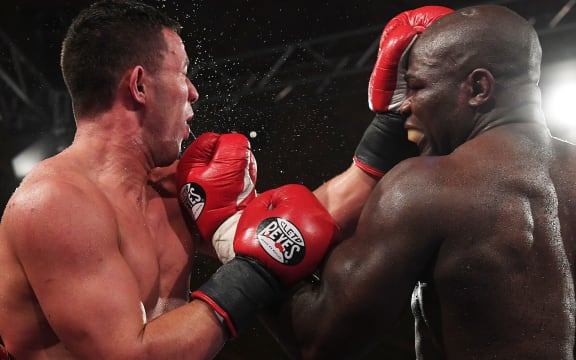OPINION: Those who have proudly admitted to illicitly broadcasting the Joseph Parker v Carlos Takam boxing match on Saturday night may come to rue the day they discovered the Facebook Livestreaming function.

A user called 'BeastMoze' livestreamed the fight on Facebook. Photo: Facebook / Photosport
The feature was recently added to the social network, which boasts over 1.4 billion users worldwide, 2.7 million of them in New Zealand, and lets anyone with a Facebook account and an internet-enabled device boasting a camera, broadcast live video to their Facebook followers.
Given the sharing culture of social media, the crowd watching a livestream can quickly grow, as it did as the punches were traded in front of a cheering audience in Auckland. Other platforms, such as Twitter-owned Periscope host livestreams viewed by tens of thousands of people every day. The live aspect of video streaming directly to social media sites is a relatively new development, feeding the insatiable appetite for video on platforms like YouTube and Facebook.
The lawyers haven't had to consult their statute books over this one - recording Sky TV's premium stream and rebroadcasting it without authorisation is against the law. Experienced copyright lawyer Rick Shera, labelled it a, "a pretty blatant obvious copyright breach". Sky TV is reported to be exploring its options.
But what about the people who watched and shared the stream via Facebook? Technically, they too are in breach of the Copyright Act, which has some fair use provisions allowing copyrighted work to be republished or excerpted from, but which are highly unlikely to be applied to the streaming of the boxing match.

Haley Reinhart's 2011 appearance on American Idol was posted by a user called 'shadow light', and has racked up almost 6.5 million views on YouTube. Photo: YouTube
Official broadcaster Sky TV and match promoter Dean Lonergan are unlikely to go after individual Facebook users who tuned in. Instead, the likes of Facebook user BeastMoze, who pointed a smartphone at his or her TV screen and beamed the fight to family and friends, will be targeted in any legal action. That could see Facebook drawn into the fray to produce evidence against one of its users.
In tackling copyright infringement in New Zealand, copyright holders have recently resorted to the "3-strikes law", the Copyright (Infringing File Sharing) Amendment Act 2011, which allows them to pursue people illegally downloading their movies, TV shows and music via peer-to-peer file sharing networks.
Users are given three warnings of copyright infringement based on their identified internet activity before cases can be referred to a Copyright Tribunal. Hefty fines can result for stubborn offenders. But the legislation applies specifically to file sharing services rather than the streaming sites that have proliferated on the internet since the legislation was drafted, and broadband speeds have increased.
It means that more hassle is involved pursuing people illegally streaming content than those downloading files. Even the 3-strikes provisions are barely used by the music and movie industry as the cost of issuing the infringement notices and taking people to the Copyright Tribunal is considered too high.
A better option is to cut the feeds off before they can gather eyeballs on social media, which involves asking the likes of YouTube and Facebook to take down material deemed to be infringing copyright. YouTube in particular has automated mechanisms to allow for this under the US Digital Millennium Copyright Act. Its Content ID technology can even detect copyrighted music and video and automatically have them removed from unauthorised accounts.

Joseph Parker slugs it out with Carlos Takam on Saturday. Photo: PHOTOSPORT
In the livestreaming environment, an automated fix to illicit streaming will be more difficult to achieve. But Sky and other broadcasters and copyright holders have another option - one YouTube is already employing for copyright holders. It's what digital warriors affectionately call monetization.
Instead of engaging in a feverish game of whack-a-mole with copyright infringers, it lets them stream the content, but claim advertising revenue from those illicit streams and pay the copyright holders. Freemantle Media, the producer of American Idol and numerous other popular TV shows is already doing this, allowing thousands of clips to remain online while it makes ad revenue from those unauthorised videos - and gains a welcome promotional boost.
That may be the ultimate solution to what copyright holders may consider to be piracy - legitimising it so that it becomes an additional revenue stream that leverages the proliferation of internet channels rather than trying to control them.
*Peter Griffin is the founder of the Science Media Centre, editor of Sciblogs, and a technology commentator for RNZ and the Listener.



